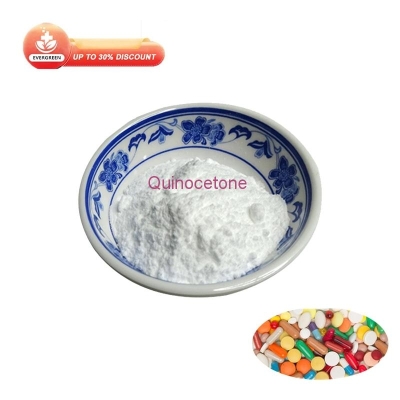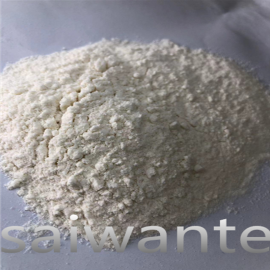Science: UK studies confirm that synthetic "XNA" works and evolves like DNA
-
Last Update: 2012-04-23
-
Source: Internet
-
Author: User
Search more information of high quality chemicals, good prices and reliable suppliers, visit
www.echemi.com
EurekAlert source: EurekAlert 2012-4-23 researchers at the University of Cambridge, UK have made a set of synthetic polymers that can store and copy information in a way that DNA works They can also change under laboratory conditions in a process similar to evolution Relevant papers were published online in science on April 20 "This study heralds the era of synthetic genetics and has implications for space biology, biotechnology and the understanding of life itself," Gerald Joyce wrote in a related opinion column All DNA is made up of four nucleoside acid-base groups - often called a, G, C, and T - that line up a backbone of sugar and phosphate groups Vitor Pinheiro and his colleagues now describe the directed evolution of synthesized, nucleic acid like "XNA" molecules, in which the natural sugar component is replaced by one of six substitutes All these XNA molecules combine with complementary RNA and DNA The researchers also designed a polymerase that can synthesize XNA from a DNA template, while other polymerase can reverse transcription XNA to DNA This system makes the information encoded by XNA copied, which is the basis of heredity Finally, Pinheiro and his colleagues placed one of these polymers, called HNA, under laboratory conditions similar to natural selection Just as it is predicted that DNA will occur under these conditions, the HNA has evolved into a form that closely and explicitly binds to specific targets Joyce said in his opinion column that XNA's synthetic biology research may never catch up with those involving RNA because RNA preparation is easier and there are more tools for its analysis However, he pointed out that XNA molecules are not affected by natural enzymes that degrade DNA and RNA, so it may have different potential applications in materials science, molecular diagnostics and therapeutics He also warned that synthetic biological agents must be controlled to avoid entering areas that could potentially damage our biological mechanisms
This article is an English version of an article which is originally in the Chinese language on echemi.com and is provided for information purposes only.
This website makes no representation or warranty of any kind, either expressed or implied, as to the accuracy, completeness ownership or reliability of
the article or any translations thereof. If you have any concerns or complaints relating to the article, please send an email, providing a detailed
description of the concern or complaint, to
service@echemi.com. A staff member will contact you within 5 working days. Once verified, infringing content
will be removed immediately.







